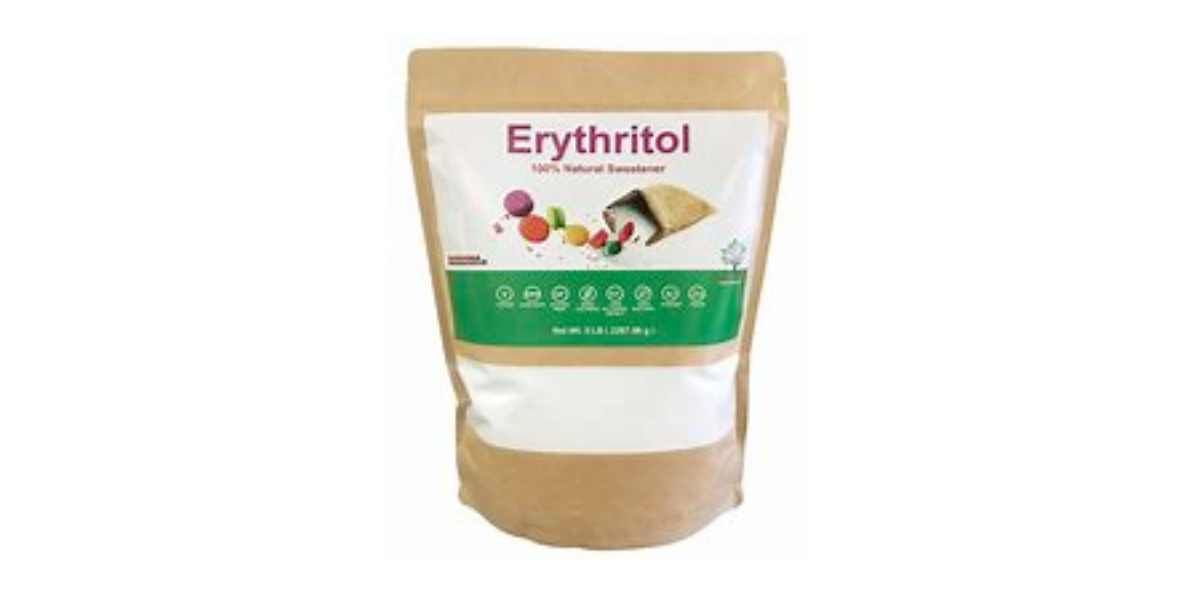Popular Sweetener Erythritol Raises Heart Attack, Stroke Risk, Study Finds
Erythritol is a popular sugar substitute but a Cleveland Clinic study finds it's associated with heart attack and stroke.

Erythritol is an artificial sweetener that has become popular with consumers trying to lose weight as well as with those battling diabetes. But a new Cleveland Clinic study finds it's associated with an increased risk of heart attack and stroke.
Researchers studied over 4,000 people in the U.S. and Europe and found those with higher blood erythritol levels were at elevated risk of experiencing a major adverse cardiac event such as heart attack, stroke or death. Findings were published today in Nature Medicine.
Researchers also examined the effects of adding erythritol to either whole blood or isolated platelets, which are cell fragments that clump together to stop bleeding and contribute to blood clots. Results revealed that erythritol made platelets easier to activate and form a clot. Pre-clinical studies confirmed ingestion of erythritol heightened clot formation.
More research into artificial sweeteners needed
“Sweeteners like erythritol have rapidly increased in popularity in recent years but there needs to be more in-depth research into their long-term effects,” said senior author Stanley Hazen, M.D., Ph.D. “Cardiovascular disease builds over time, and heart disease is the leading cause of death globally. We need to make sure the foods we eat aren’t hidden contributors.”
Artificial sweeteners, such as erythritol, are common replacements for table sugar in low-calorie, low-carbohydrate and “keto” products. Sugar-free products containing erythritol are often recommended for people who have obesity, diabetes or metabolic syndrome and are looking for options to help manage their sugar or calorie intake. People with these conditions also are at higher risk for adverse cardiovascular events like heart attack and stroke.
Erythritol is about 70% as sweet as sugar and is produced through fermenting corn. The human body creates low amounts of erythritol naturally, so any additional consumption can accumulate.
“Our study shows that when participants consumed an artificially sweetened beverage with an amount of erythritol found in many processed foods, markedly elevated levels in the blood are observed for days – levels well above those observed to enhance clotting risks,” said Dr. Hazen.
“It is important that further safety studies are conducted to examine the long-term effects of artificial sweeteners in general, and erythritol specifically, on risks for heart attack and stroke, particularly in people at higher risk for cardiovascular disease,” he said.
Measuring artificial sweeteners is difficult and labeling requirements are minimal and often do not list individual compounds. Erythritol is “Generally Recognized As Safe (GRAS)” by the FDA, which means there is no requirement for long-term safety studies.
Authors of the study recommend talking to your doctor or a certified dietician to learn more about healthy food choices and for personalized recommendations.
